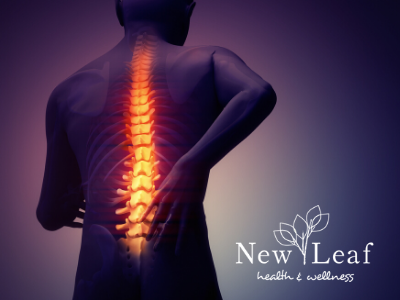Did you know there are over 1.5 million fractures per year due to osteoporosis? In the traditional sense, most physicians use a bone density test. The caveat is this only offers a static result and shows the bone that has been lost. What about the rate of bone loss? What else must be considered if you’ve lost 10% bone? Has it over the last year or the last two decades? I think you can see there are other sources of information needed to evaluate bone loss properly. Furthermore, with the evaluation rate, you can tell if your treatment is working.
There is such a test, and it is called the Bone Resorption Assessment and is an accurate measurement of the rate of bone turnover. This type of testing allows your doctor, in this case, me, to identify those who are more likely to develop osteoporosis, what has occurred and the effectiveness of current treatment and whether the treatment should change to another source.
I also prefer blood tests that can tell us the actual ionized calcium in the blood versus the calcium, or unusable, blood calcium. That, combined with vitamin D, provides even more information than just a bone density test. During our laboratory exam session, we educate you on how protein digestion is imperative to calcium absorption and can reasonably predict if you are at risk. We also consider whether taking calcium should or should not be the status quo. The latest research is also showing that osteoporosis isn’t just bone loss—it’s an autoimmune condition (meaning your immune system is affecting your ability to create bone).
Going further into the investigation, if you have osteoporosis, you are most likely given a drug called a bisphosphonate, such as Boniva, Fosomax, or Actonel, without looking for the underlying reason for the bone loss. Filling a prescription simply isn’t enough. Understand that medications can have serious side effects to creating quality cortical bone and improving X-ray pictures, but not the dense and fibrous trabecular bone needed for bones immense tensile strength and integrity. While bone density scanners have been subsidized to many hospitals, their origins come from the companies that manufacture bisphosphonate medications, a brilliant marketing strategy, but in my office, I need to know why you have a deficiency?
If you would like to know a trade secret on how to prevent and even reverse osteoporosis without taking anything, you should keep reading. It’s really important, is something you may know, is fairly simple, and it can be broken up throughout the day. It’s exercise. Your other option is to make an appointment and find out why, or if, you have a physical issue or a metabolic or both.
Be well,
Dr. Trites

